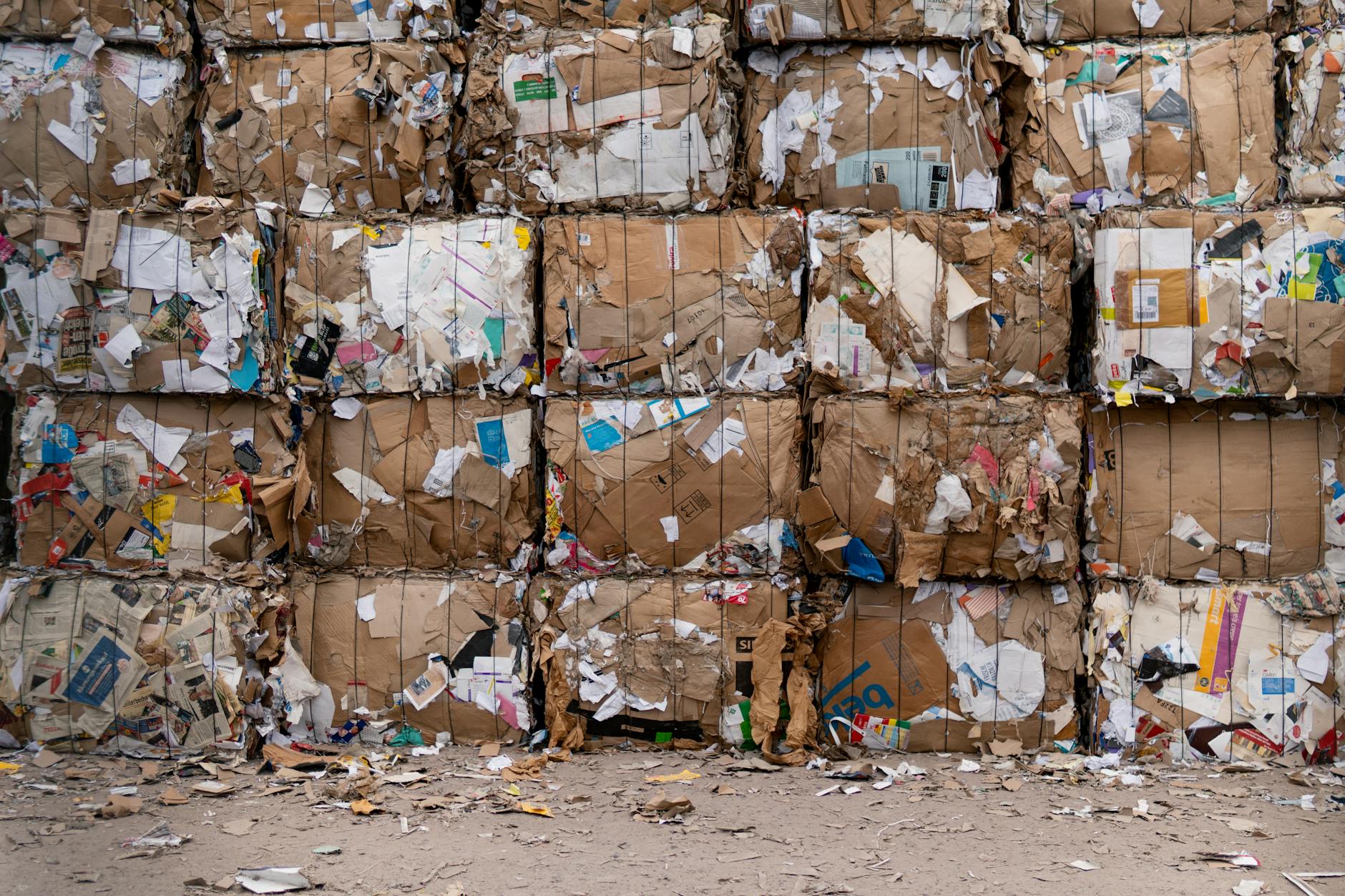One of the more unexpected challenges faced by foreign nationals moving into rental properties in Japan is navigating the local rules surrounding waste disposal. Unlike many other countries, Japan enforces highly specific waste separation and collection guidelines that vary significantly by municipality. These regulations dictate how to sort burnable, non-burnable, and recyclable waste, as well as designated disposal days, collection times, and the use of approved bags.
During the property selection process, prospective residents often focus primarily on rent, layout, and amenities—understandably so. However, failing to familiarize oneself with local garbage protocols can result in friction with neighbors or building management after move-in. This is especially true for tenants who are not fluent in Japanese, as posted notices and instructions regarding waste disposal can be complex and difficult to interpret.
This article offers insights into the regional differences in Japan’s waste management systems and outlines the practical aspects that should be confirmed both before and after moving into a property.
Why Waste Disposal Rules Are Not Standardized Nationwide in Japan
In Japan, waste separation and collection guidelines are not governed at the national level but are instead regulated by individual municipalities. As a result, even neighboring cities or towns may implement vastly different systems—for example, categorizing PET bottles as recyclable waste, treating plastics as burnable waste, collecting glass bottles only twice a month, or designating non-burnable waste for monthly pickup.
These discrepancies arise from a range of local factors, including the municipality’s collection infrastructure, waste treatment capabilities, recycling policies, and budgetary considerations. Each region tailors its system to function optimally within its own operational and environmental context. Consequently, individuals relocating between cities must reacquaint themselves with new disposal protocols, and even long-term residents can find adjustments challenging.
Furthermore, even within the same municipality, certain apartment buildings or condominium complexes may impose additional property-specific waste disposal rules depending on the management style. These localized regulations necessitate case-by-case awareness and adaptation.
Common Waste Disposal Issues Encountered After Move-In
Frequently reported issues include:
-
Disposing of garbage on incorrect days, resulting in uncollected waste remaining curbside
-
Inadequate separation of recyclables and non-recyclables, prompting complaints from neighbors or building staff
-
Using incorrect bags, such as unapproved or opaque trash bags instead of mandated transparent or municipal-authorized ones
-
Ignoring designated disposal times—such as placing garbage out the night before rather than by the required morning deadline (e.g., 8:00 a.m.)
-
Generating odors from food waste or pet-related refuse that disturb surrounding residents
Even if unintentional, these actions are often perceived as breaches of community etiquette. Such infractions can lead not only to warnings but, in more severe instances, formal complaints or even requests to vacate the premises.
Examples of Regional Variations in Waste Disposal Practices
Across Japanese municipalities, waste disposal rules can differ markedly, with distinctions extending beyond simple classification. For instance, while one city may employ a four-category system—burnable, non-burnable, recyclables, and bulky waste—another may introduce additional categories such as “plastic packaging” or mandate separate collection for items like batteries and small electronics.
Trash bag requirements also vary. In some regions, commercially available semi-transparent bags are accepted; in others, only municipality-designated paid bags may be used. These official bags, typically sold in convenience stores and supermarkets, may not be familiar to newly arrived foreign residents, who may inadvertently use incorrect bags.
In certain apartment complexes, 24-hour waste disposal is permitted. However, this convenience often stems from a private waste management arrangement made by the property management company and exists independently of municipal collection schedules and rules.
Essential Pre-Move-In Considerations
To avoid potential misunderstandings or conflicts arising from regional waste disposal regulations, it is advisable to confirm several key points prior to signing a lease or purchase agreement.
Begin by consulting the real estate agent or property management company with specific questions such as: Where is waste disposed of for this property? What are the designated collection days and times? Are special bags required for disposal? During the property viewing, it is also helpful to inspect the garbage area to review any posted signage or sorting instructions.
Many municipalities in Japan offer multilingual resources on their official websites, including downloadable PDFs of waste separation guides and garbage collection calendars. Reviewing these materials in advance—and even printing them for display in the residence—can greatly facilitate compliance with local practices.
After move-in, carefully review any waste disposal guidelines provided in the tenant welcome packet or posted on building notice boards. If anything is unclear, it is advisable to seek clarification promptly to avoid unintentional infractions or misunderstandings with neighbors and management.
Bridging the Language Barrier: Practical Strategies for Non-Japanese Residents
For foreign residents in Japan, one of the most significant challenges in adhering to local waste disposal protocols is the language barrier. Notices and printed materials are often written in Japanese and may include terminology that is difficult for non-native speakers to interpret.
To navigate this, using smartphone translation apps to scan and translate waste separation guides is a practical solution. Additionally, requesting multilingual brochures from the property management company—if available—can provide much-needed clarity. In more progressive residential settings, QR codes on signage now link to translated waste disposal instructions in languages such as English, Chinese, and Vietnamese.
Enlisting the help of a Japanese-speaking friend or colleague for an initial walkthrough of the rules can also be highly beneficial. In particular, understanding examples of prohibited items can help prevent misunderstandings and ensure compliance with community standards.
Waste Etiquette Can Affect Tenant Reputation
In well-maintained residential properties, expectations regarding tenant etiquette—particularly around waste disposal—tend to be high. When a resident repeatedly fails to follow established garbage disposal rules, it can cause frustration among neighbors and compel property management to intervene.
Such behavior, if persistent, may ultimately influence the tenant’s standing. Consequences can include being denied lease renewal, being presented with higher rent upon renewal, or facing complications with guarantor company evaluations.
While no one should be treated unfairly based on nationality, demonstrating a clear understanding of and respect for local rules is essential to maintaining a harmonious and comfortable living environment in Japan’s premium rental market.




